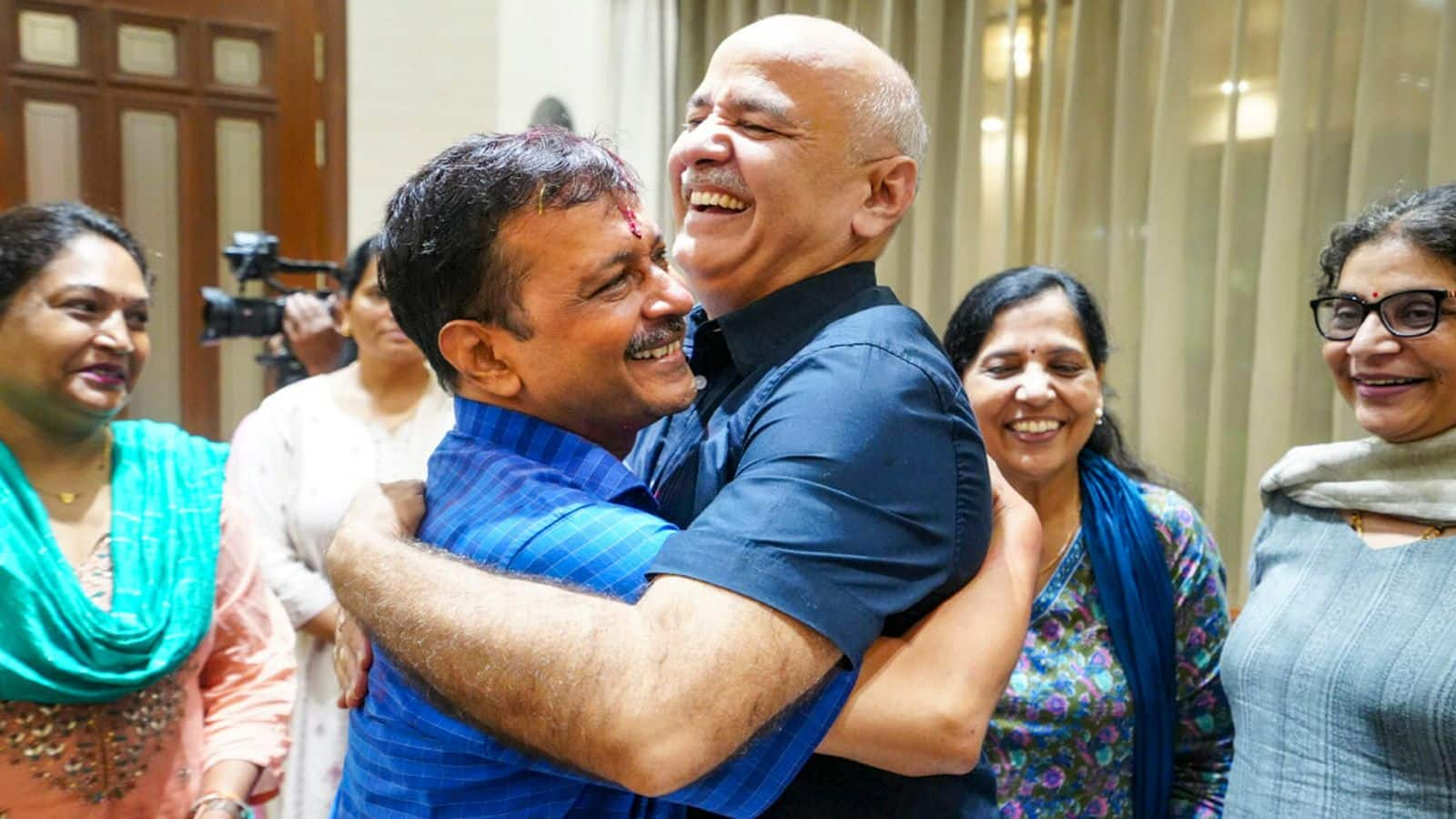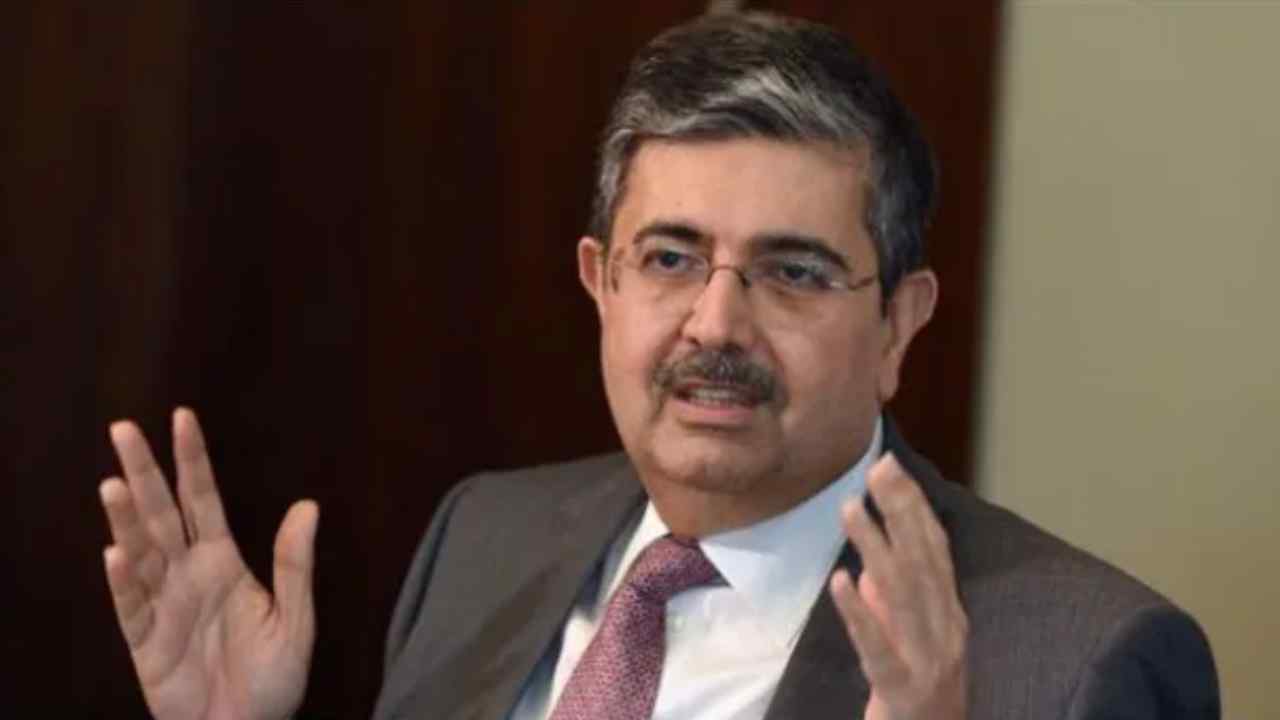Delhi CM and AAP Leader Granted Bail Amid Ongoing Legal Troubles
Delhi Chief Minister Arvind Kejriwal and senior Aam Aadmi Party (AAP) leader Manish Sisodia have recently secured bail amidst the unfolding legal drama surrounding an alleged scam connected to Delhi’s liquor policy. This event marks a significant moment for the AAP as it navigates a turbulent political landscape, although the shadow of legal challenges continues to loom over its future.
The Allegations Against AAP
Both leaders are not only central figures in this controversy but also part of a larger network of accusations that implicates the AAP itself. According to insider information obtained from credible sources, the Enforcement Directorate (ED) is intensifying its investigation into the liquor policy, where AAP is reportedly a key suspect. So far, the ED has filed nine chargesheets in the case, with eight being supplementary filings that detail various facets of the ongoing investigation.
What You Need to Know About the Investigation
| Chargesheet Count | Description |
|---|---|
| 9 | Total chargesheets filed by the ED. |
| 8 | Supplementary chargesheets detailing the case further. |
A senior official from the ED stated, “The investigation is far from over; we have recovered sufficient evidence that suggests significant misuse of public funds, which appear to have been diverted for political financing.” This indicates that the charges may extend well beyond individual accusations against Kejriwal and Sisodia, encompassing the entire party structure. The authorities are reportedly preparing to file another supplementary chargesheet highlighting the party’s further involvement in these allegations.
The Potential Impact on AAP
While the return of Kejriwal and Sisodia might provide temporary relief and restore some confidence within the AAP ranks, the implications of this legal battle pose a serious threat to the party’s reputation and electoral standing. The next few months are expected to be crucial as the AAP faces not just a legal confrontation, but also a critical test of public perception.
The outcome of this investigation could significantly influence the political dynamics in Delhi and potentially reshape the future of the Aam Aadmi Party. As the party attempts to maintain its image of integrity and accountability, it must also prepare for the repercussions of these allegations and navigate the complex landscape of political loyalty and public scrutiny.
Conclusion
The forthcoming developments in this case will be pivotal for AAP as it seeks to balance legal obligations with its ambition to uphold a reputation for honesty and transparency. As the party braces for a future fraught with challenges, the stability of its leadership will be essential in proving its resolve against these serious accusations.











